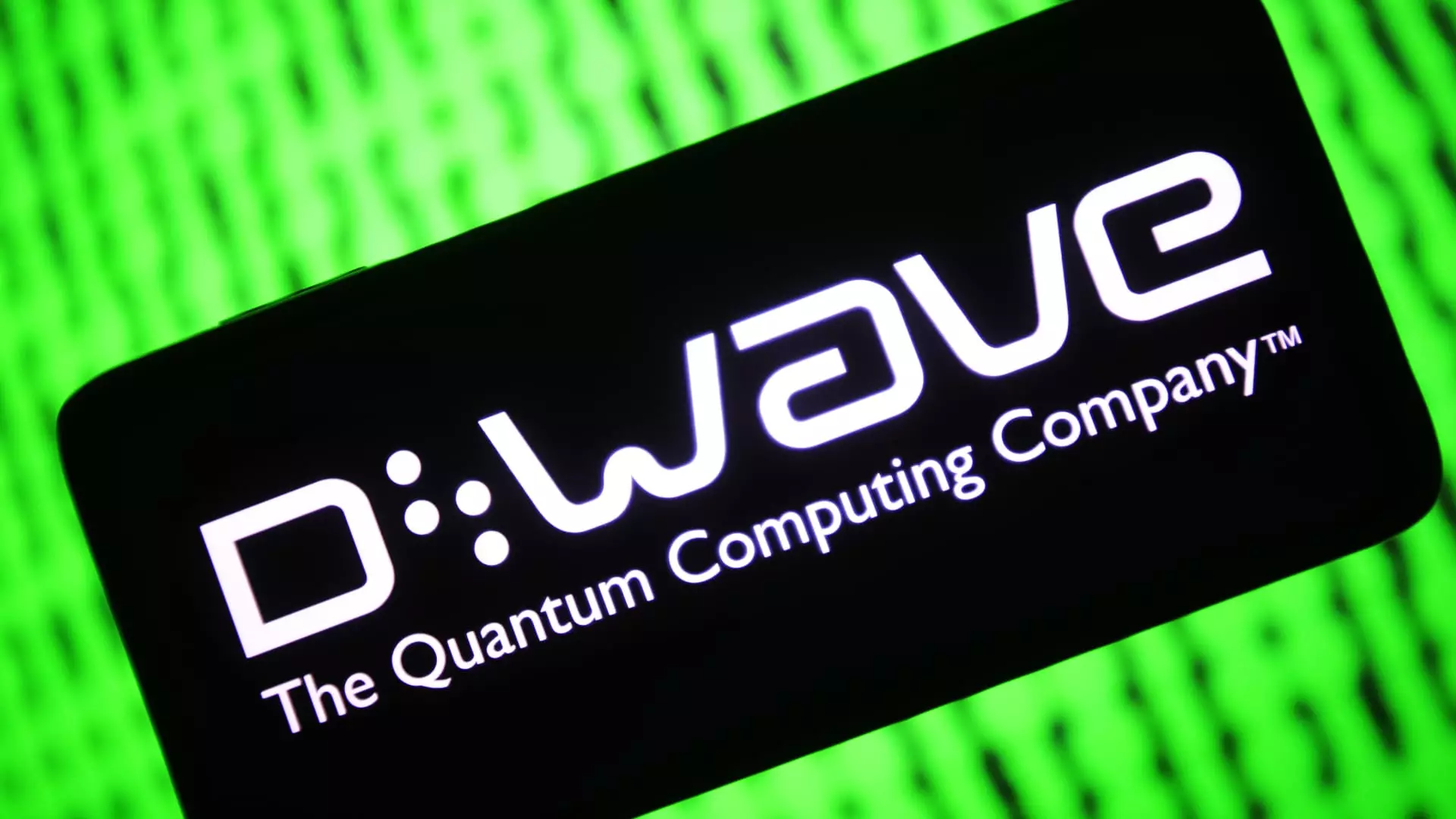In a remarkable turn of events, quantum computing stocks experienced a significant upswing, primarily driven by Microsoft’s recent announcement advocating for businesses to prepare for a “quantum-ready” future by 2025. This call to action has resonated deeply within the financial markets, reviving investor interest in what is widely considered the next frontier in computing technology. The enthusiasm was further buoyed by positive economic data suggesting weaker-than-anticipated inflation, prompting a broader shift towards riskier trades among investors.
Mitra Azizirad, the president and COO of Microsoft’s strategic missions and technologies, articulated a bold vision in a recent blog post. She proclaimed that we stand on the brink of a reliable quantum computing era, poised to witness these advanced machines tackle intricate problems that have long stymied conventional computers. Capitalizing on this momentum, Microsoft has rolled out initiatives aimed at preparing businesses for the impending quantum revolution. The guidance issued by the tech giant could very well serve as a catalyst for a significant acceleration in research and development within the field over the coming year.
The ripple effects of Microsoft’s advocacy were immediately apparent in the stock market. For instance, Rigetti Computing witnessed a notable increase of over 13% in its share price, while D-Wave’s value surged by 16%. Even more impressive were IonQ’s 26% gains, illustrating a renewed investor confidence in quantum technologies. The Defiance Quantum and AI ETF also demonstrated positive traction, rising nearly 2%. The overall market sentiment reflects a growing acknowledgment that, with the right technical advancements and investments, the dream of harnessing quantum computing for substantial business benefits could soon become a reality.
Adding to the excitement, Nvidia recently announced a “Quantum Day” at its GTC conference scheduled for March, further spotlighting the potential of quantum technologies. This announcement has been met with optimism as stakeholders anticipate collaborative efforts to push the boundaries of what is possible in the realm of quantum computing. However, skepticism remains, particularly following comments from high-profile industry figures like Jensen Huang of Nvidia and Meta’s CEO Mark Zuckerberg, who have suggested that practical applications for quantum computing may still be years, if not decades, away.
While the financial markets are presently buoyed by prospects of quantum computing, it’s critical to balance this optimism with a grounded analysis of the technology’s limitations. Proponents argue that quantum computers could tackle problems beyond the capabilities of today’s systems, promising breakthroughs in efficiency and data processing. Yet, many in Wall Street circles maintain a cautious outlook, asserting that the real-world applications of this revolutionary technology may still be far from realization.
While investments in quantum computing are bearing fruit and generating excitement, the timeline for actual deployment in everyday business applications remains uncertain. As companies like Microsoft forge ahead with plans to prepare enterprises for this inevitable shift, the dialogue surrounding the practicality and accessibility of quantum technologies will undoubtedly continue to evolve, shaping the landscape of the future.

Leave a Reply